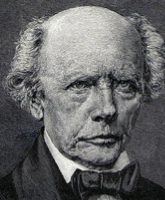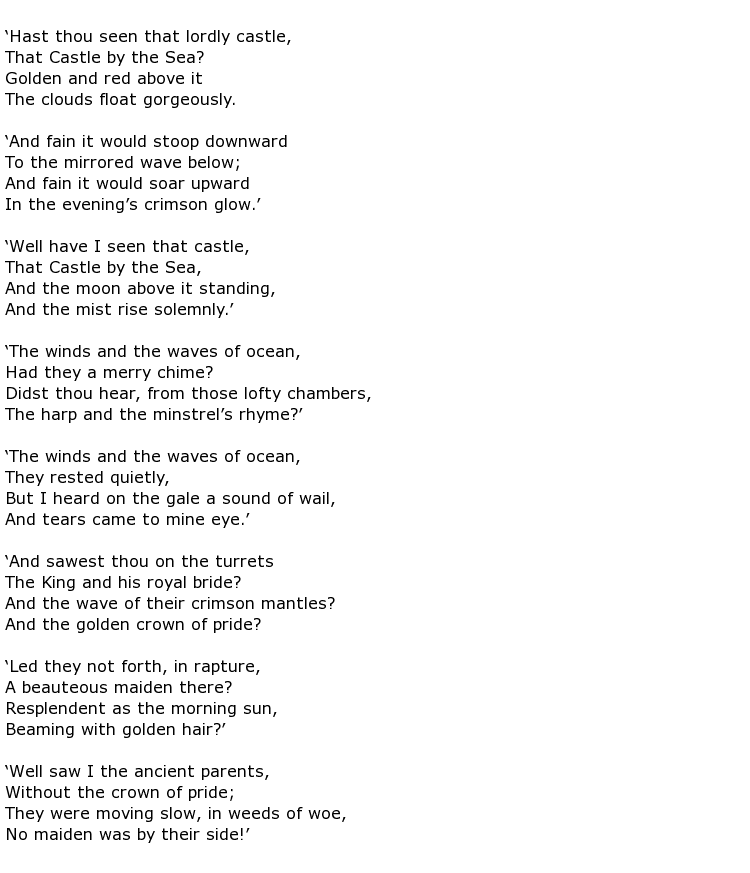 Johann Ludwig Uhland was a German poet, historian and lawyer. He had a particular interest in philology and French and German medieval literature. He also served the new German parliament during the early part of the 19th century.
Johann Ludwig Uhland was a German poet, historian and lawyer. He had a particular interest in philology and French and German medieval literature. He also served the new German parliament during the early part of the 19th century.
He was born on the 26th April 1787 in Tübingen, a town in the Duchy of Württemberg, now in present day south western Germany. He had a keen interest in poetry from an early age but went to the town’s university to study jurisprudence, from where he graduated in 1810 as a doctor of laws. Before beginning to practice law he took an eight months sabbatical in Paris, studying old French poetry. On completion of this he took up a position as a lawyer with Stuttgart’s Ministry of Justice, working there between 1812 and 1814.
Uhland was already a published poet by then having contributed ballads and lyrics to Seckendorff’s Musenalmanach around the period 1807-08. Some of his poetry appeared in a collection called Poetischer Almanach in 1812 and then he produced a collection of his own three years later called Vaterländische Gedichte. This brought his name to the literary world’s attention and he followed this with dramatic works called Ernst, Herzog von Schwaben, published in 1818 and Ludwig der Baier the following year.
Most literary critics would place Uhland amongst the Romantic poets, his lyric poems often containing medieval themes and written in a style of that period. He differed in subtle ways from them though, displaying a sharpness and grace not always found in work from that period. He was very much in favour or freedom for all men and displayed strong liberal tendencies when attending the Württemberg state assembly meetings.
The political map of Germany was changing during that early part of the nineteenth century with a new constitution being granted to the state in 1815. Uhland was, along with others, very much for the old ways and it took four more years for a compromise solution to be reached. A new parliament was formed, called the Landtag and he would serve on that between 1819 and 1826. His political views remained strong and, in fact, interfered with his academic life to some degree. He was made honorary professor of German literature at the University of Tübingen in 1829 but had to resign from the post four years later as it was incompatible with his political life.
Uhland’s romantic style of poetry manifests itself in poems such as The Castle by the Sea. There are hints of the legends and myths surrounding Rhineland folklore in this piece where much was written about the brooding castles on the hilltops overlooking the great river and iconic themes such as the Lorelei rock. Here is the poem in full:

The science of philology was in its infancy at this time and Uhland was, almost certainly, one of the pioneers in that field. He was meticulous in his study of languages used in literacy through the ages and is certainly remembered for his work there. Perhaps his best known poem is

It is still read out today at many military funerals.
Johann Ludwig Uhland died in Tübingen on the 13th November 1862 at the age of 75.

